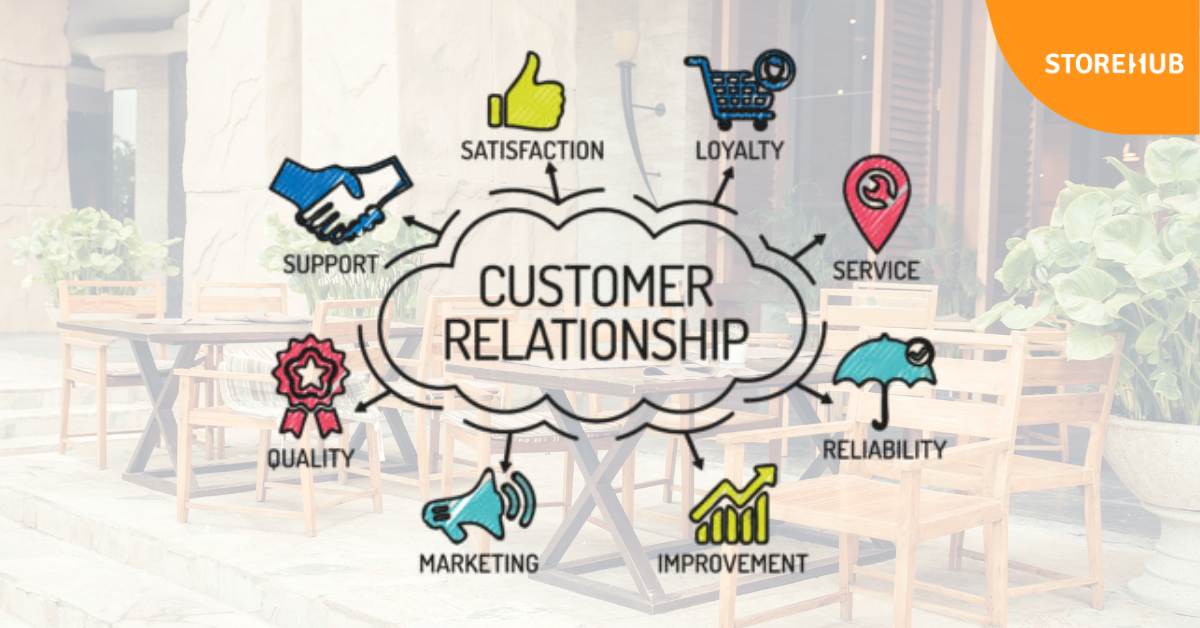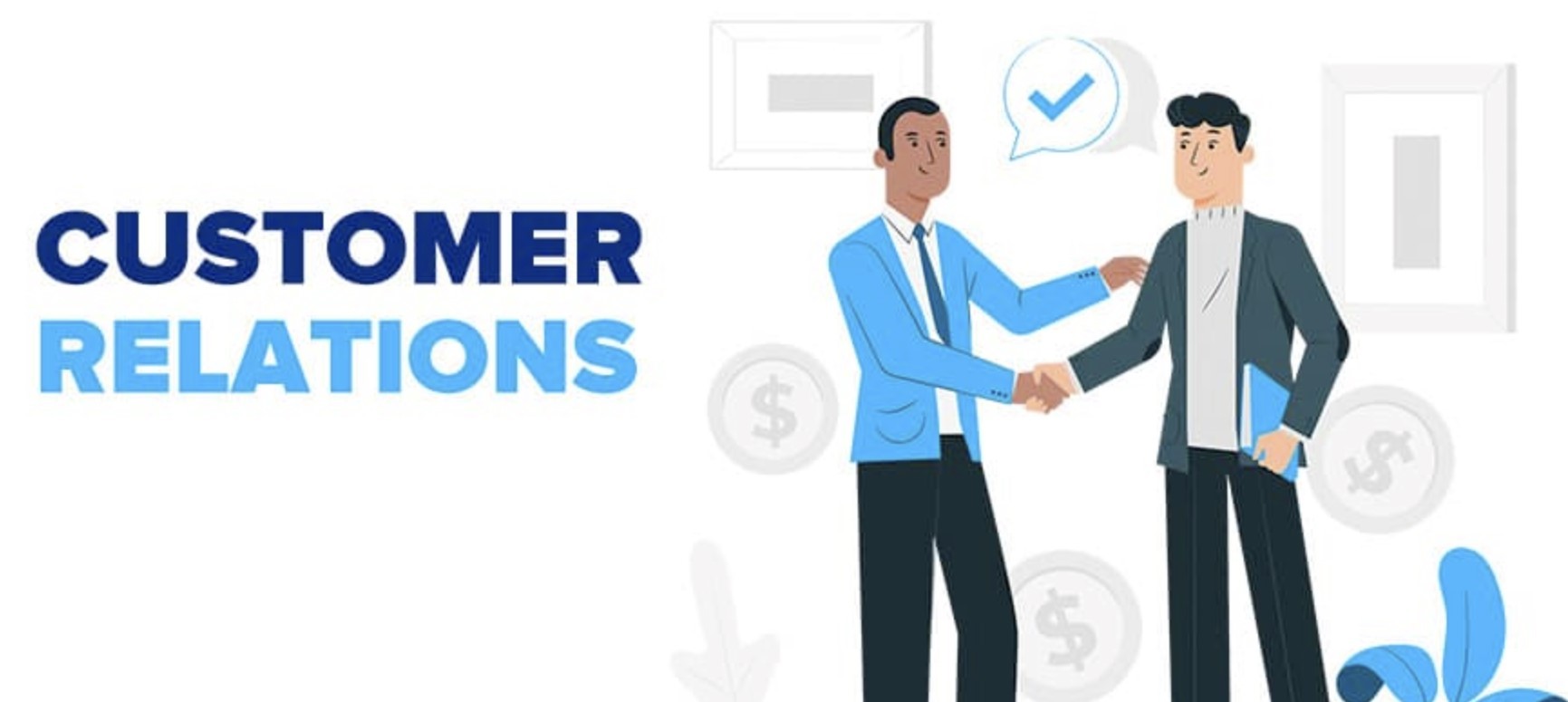Building Stronger Relationships with CRM: Unlocking the Power of Customer Loyalty
Building Stronger Relationships with CRM: Unlocking the Power of Customer Loyalty

Building Stronger Relationships with CRM: Unlocking the Power of Customer Loyalty
In today’s fast-paced business world, building strong relationships with customers is more important than ever. With the rise of digital technology, companies have more opportunities to connect with their customers and create meaningful interactions. One tool that can help businesses achieve this goal is Customer Relationship Management (CRM) software. In this article, we’ll explore the world of CRM and show you how it can help you build stronger relationships with your customers.
What is CRM?
CRM is a type of software that helps businesses manage their interactions with customers. It’s like having a super-organized virtual assistant that keeps track of all your customer data, interactions, and relationships in one place. With CRM, you can store contact information, sales history, customer preferences, and other relevant data to create a comprehensive picture of each customer.
Why Do You Need CRM?
In today’s competitive market, providing excellent customer service is crucial for success. CRM can help you:
- Know your customers better: By storing customer data in one place, you can gain insights into their behavior, preferences, and needs.
- Personalize interactions: With CRM, you can tailor your communication to each customer’s unique needs and preferences, creating a more personalized experience.
- Streamline communication: CRM helps you manage multiple communication channels, such as email, phone, and social media, in one place.
- Improve customer satisfaction: By having a complete picture of each customer’s history and interactions, you can provide more efficient and effective support.
- Boost sales: By understanding your customers’ needs and preferences, you can identify opportunities to upsell and cross-sell.

How CRM Works
CRM software typically includes the following features:
- Contact management: Store and manage customer contact information, including names, addresses, phone numbers, and email addresses.
- Sales pipeline management: Track leads and opportunities through each stage of the sales process.
- Marketing automation: Automate marketing campaigns and trigger email and social media messages based on customer interactions.
- Customer service and support: Manage customer support requests and issues through a centralized platform.
- Analytics and reporting: Generate insights and reports on customer behavior, sales performance, and marketing effectiveness.
Benefits of CRM
By implementing CRM, you can expect to see a range of benefits, including:
- Increased sales: By understanding customer needs and preferences, you can identify opportunities to upsell and cross-sell.
- Improved customer satisfaction: By providing personalized interactions and efficient support, you can increase customer satisfaction and loyalty.
- Reduced costs: By automating marketing and sales processes, you can reduce manual labor and increase efficiency.
- Better decision-making: By having access to data and insights, you can make more informed decisions about your business.
Best Practices for Implementing CRM
If you’re new to CRM, here are some best practices to keep in mind:
- Define your goals: Identify what you want to achieve with CRM, such as improving customer satisfaction or increasing sales.
- Choose the right software: Select a CRM software that aligns with your business needs and goals.
- Train your team: Provide training and support to ensure your team is comfortable using the software.
- Customize the software: Tailor the software to meet your specific business needs and processes.
- Monitor and adjust: Continuously monitor the software’s performance and make adjustments as needed.
Common Mistakes to Avoid
When implementing CRM, here are some common mistakes to avoid:
- Not defining clear goals: Without clear goals, it’s difficult to measure the success of your CRM implementation.
- Not training your team: Failing to provide adequate training can lead to frustration and decreased adoption rates.
- Not customizing the software: Failing to tailor the software to your business needs can lead to decreased efficiency and effectiveness.
- Not monitoring performance: Not regularly monitoring the software’s performance can lead to missed opportunities for improvement.
Real-World Examples of CRM Success
Here are some real-world examples of businesses that have achieved success with CRM:
- HubSpot: This marketing and sales software company used CRM to streamline its sales process and increase sales by 50%.
- Salesforce: This CRM software company used its own software to boost sales by 25% and improve customer satisfaction by 30%.
- State Farm: This insurance company used CRM to personalize interactions and increase customer retention by 20%.
Getting Started with CRM
If you’re ready to start building stronger relationships with your customers using CRM, here are some steps to get you started:
- Research CRM software options: Look for software that aligns with your business needs and goals.
- Define your goals and objectives: Identify what you want to achieve with CRM.
- Choose a CRM software: Select a software that meets your business needs and goals.
- Implement the software: Roll out the software to your team and provide training and support.
- Monitor performance: Continuously monitor the software’s performance and make adjustments as needed.
Conclusion
Building stronger relationships with customers is the key to success in today’s business world. CRM software can help you achieve this goal by providing a centralized platform to manage customer interactions, streamline communication, and personalize interactions. By implementing CRM, you can increase sales, improve customer satisfaction, and reduce costs. With the right software and a clear plan, you can unlock the power of customer loyalty and take your business to the next level.
Frequently Asked Questions
Q: What is CRM?
A: CRM is a type of software that helps businesses manage their interactions with customers.
Q: Who needs CRM?
A: Any business that interacts with customers, regardless of size or industry.
Q: What are the benefits of CRM?
A: Increased sales, improved customer satisfaction, reduced costs, and better decision-making.
Q: How do I choose the right CRM software?
A: Define your goals and objectives, research software options, and choose a software that aligns with your business needs and goals.
Q: How do I implement CRM?
A: Roll out the software to your team, provide training and support, and continuously monitor performance and make adjustments as needed.
